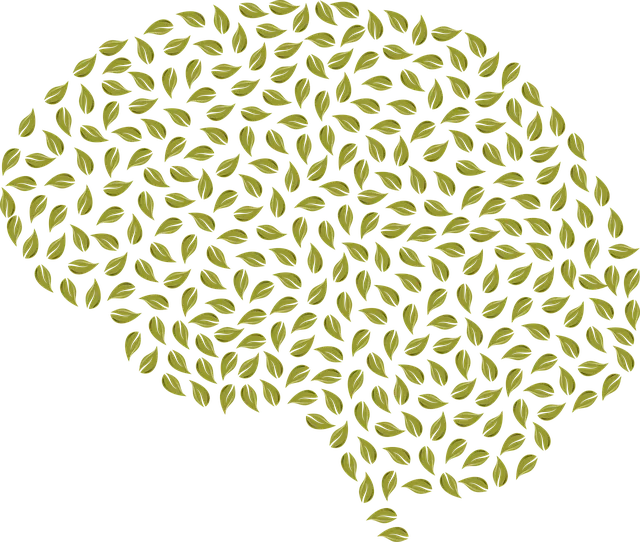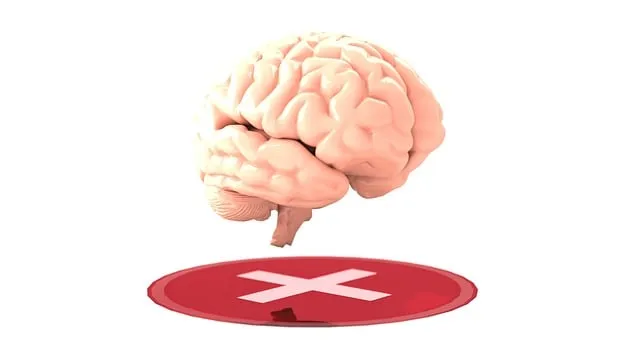The Kaiser Permanente mental health access center Aurora employs a multifaceted evaluation strategy combining quantitative and qualitative methods to assess its Mental Wellness programs. This includes tracking participation rates, client demographics, service utilization, and survey data like Inner Strength Development assessments. Qualitative feedback through interviews and focus groups provides deep insights into program effectiveness, highlighting the impact of resilience-building initiatives and tailoring services to diverse communities. Data analysis guides evidence-based policy development, integrating cultural sensitivity for tailored mental healthcare. Iterative evaluation enables swift adaptations, driving innovative solutions like Mental Wellness Coaching and Compassion Cultivation Practices for improved community well-being.
At the Kaiser Permanente Mental Health Access Center in Aurora, evaluating mental wellness programs is paramount for ensuring effectiveness and client satisfaction. This article explores diverse evaluation methods, from quantifying impact using metrics and surveys to gaining qualitative insights through client feedback. Through data analysis, trends and gaps are identified, guiding continuous improvement through iterative approaches. By implementing these strategies, the center aims to optimize its services, aligning with its mission to enhance mental health access and outcomes for the community it serves.
- Assessing Program Impact: Metrics and Surveys
- Client Feedback: Qualitative Insights
- Data Analysis: Identifying Trends and Gaps
- Continuous Improvement: Iterative Evaluation Methods
Assessing Program Impact: Metrics and Surveys

Evaluating the impact of mental wellness programs is a multifaceted process, and one of the primary tools involves assessing metrics and administering surveys. At the Kaiser Permanente Mental Health Access Center in Aurora, for instance, program effectiveness is measured through a combination of quantitative and qualitative data collection methods. Metrics such as participation rates, client demographics, and service utilization provide a foundational understanding of program reach and accessibility, particularly when tracking trends over time.
Surveys play a crucial role in gauging the perceived benefits of the programs offered. Tools like the Inner Strength Development assessment help identify improvements in clients’ overall well-being, stress reduction methods effectiveness, and social skills training outcomes. These surveys offer valuable insights into client satisfaction, program relevance, and areas for potential enhancement, ensuring continuous improvement aligned with the evolving needs of the community.
Client Feedback: Qualitative Insights

At the Kaiser Permanente Mental Health Access Center Aurora, client feedback has emerged as a powerful tool for evaluating and enhancing mental wellness programs. Through qualitative methods, including in-depth interviews and focus groups, insights are gained into participants’ experiences and perceptions. This approach allows for an understanding of the impact of various interventions, such as Community Outreach Program Implementation and Stress Reduction Methods, on their mental health journeys.
The feedback reveals that resilience-building initiatives have significantly contributed to clients’ coping mechanisms. Participants share stories of how these programs equipped them with valuable skills to navigate life’s challenges. By incorporating client narratives, the center can tailor services, ensuring they resonate with diverse populations and promote overall well-being. This qualitative evaluation method provides a nuanced view, fostering continuous improvement in mental health care delivery at Kaiser Permanente Aurora.
Data Analysis: Identifying Trends and Gaps

The evaluation process of Kaiser Permanente’s mental health access centers, like Aurora, involves meticulous data analysis to uncover trends and gaps within their Mental Wellness Coaching Programs Development initiatives. By sifting through quantitative and qualitative data, center administrators can identify successful strategies and areas needing improvement. This analysis is crucial for shaping evidence-based policies, such as those outlined in the Mental Health Policy Analysis and Advocacy agenda.
Cultural sensitivity, a key aspect of effective mental healthcare practice, emerges from this data-driven approach. Recognizing diverse patient populations and their unique needs guides the adaptation of coaching programs to be more inclusive. By addressing these trends and gaps, Kaiser Permanente’s Aurora center ensures its services remain relevant and accessible, catering to the evolving mental health landscape while prioritizing Cultural Sensitivity in Mental Healthcare Practice.
Continuous Improvement: Iterative Evaluation Methods

At the Kaiser Permanente mental health access center Aurora, continuous improvement is a cornerstone of their approach to healthcare delivery. Iterative evaluation methods play a pivotal role in enhancing and refining mental wellness programs over time. This involves regularly assessing program effectiveness through feedback loops, where outcomes data, client testimonials, and provider insights are carefully analyzed. By embracing an agile mindset, the center can swiftly adapt its strategies, ensuring that services remain aligned with evolving needs.
This dynamic process encourages the development of innovative solutions such as Mental Wellness Coaching Programs, Compassion Cultivation Practices, and Burnout Prevention Strategies for Healthcare Providers. Through these iterative steps, the Kaiser Permanente mental health access center Aurora not only optimizes existing programs but also fosters a culture of resilience and holistic well-being within its community.
Evaluating mental wellness programs, such as those offered by the Kaiser Permanente Mental Health Access Center in Aurora, is a multifaceted process. By combining quantitative metrics and surveys with qualitative client feedback, data analysis can reveal critical trends and gaps. Employing iterative evaluation methods ensures continuous improvement, allowing centers like Kaiser Permanente to refine their services and better support the mental health needs of their community. This holistic approach, grounded in evidence-based practices, ultimately enhances the overall effectiveness and accessibility of mental wellness programs.






